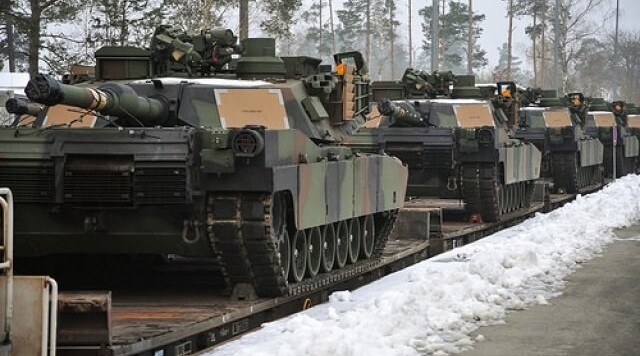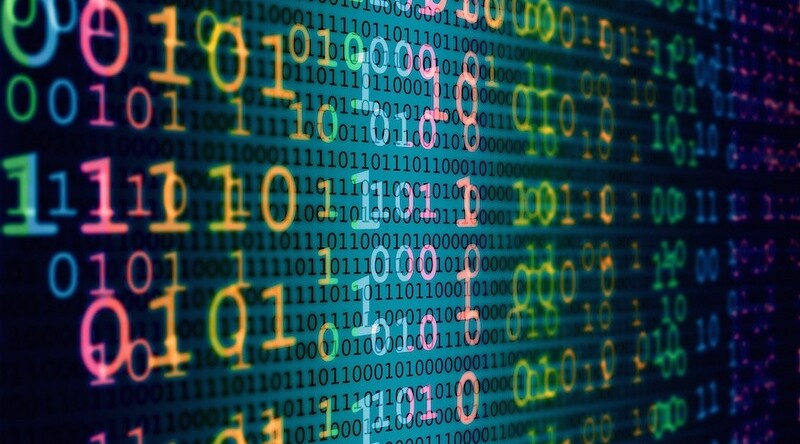Wisconsin Governor Scott Walker recently won his recall election and many are saying this is due, in part, to the "Citizens United" decision, which gave corporations and unions free reign to spend on elections. Does the influx of corporate cash make elections less fair or more free?
On June 5, Scott Walker became the first governor in the U.S. to survive a recall election. The Wisconsin Republican defeated his Democratic rival by a decisive 7 percent margin.
Walker's victory delivered a painful punch to Democrats, and an even bigger blow to Wisconsin unions. Since taking office, Walker has cracked down on organized labor.
The recall election was labor's chance for payback, offering Wisconsin voters a rare opportunity to unseat Walker.
The question analysts are asking is: Why? For many, the answer lies with the Supreme Court's 2010 decision known as Citizens United. This controversial case gave corporations and unions free reign to spend lavishly on U.S. elections. The Court argued that efforts to limit such spending violated the constitutional right of free speech.
Critics say Citizens United will lead to a corporate takeover of American democracy, and point to Wisconsin. Thanks to Citizens United, Governor Walker received enormous corporate backing and dramatically outspent his democratic rival, whose union supporters had smaller coffers. According to the critics, Citizens United may have given donors the freedom to spend on Walker as they chose, but the cost of such freedom was fairness. Thanks to the Supreme Court, the wealthy now have a far louder voice than the average American. So, while American elections may now be more free, they are also less fair.
Advocates of Citizens United see things differently. They say money can only go so far in buying votes. In Wisconsin, for example, they point out that most voters decided to support Walker before his backers' poured in millions.
What do you think? Does the new influx of corporate cash make the electoral process less fair? Or does it strengthen democracy, by making elections more free?
Photo Credits in order of Appearance:
WisPolitics.com
[also for pictures 2,
3,
12
& 13]
Richard
Hurd
TexasGOPVote.com
Steve
Petteway, Collection of the Supreme Court of the United States
Public
Citizen [also for picture 10]
barrett4wi
Megan
McCormick
Ho John
Lee


